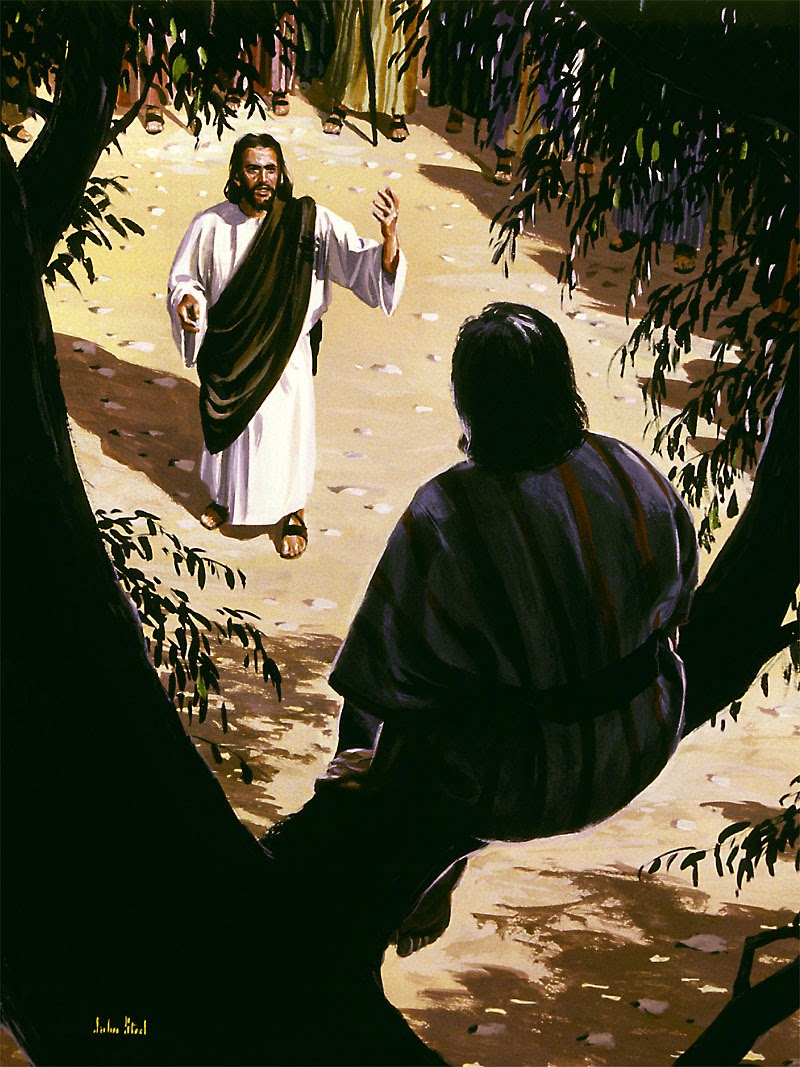Pray and
Practice Advent
Waiting
and Willing
November 30 First
Sunday in Advent
ISAIAH 63:16 to 64:7;
1CORINTHIANS 1:3-9; MARK 13:33-37
Click here for the
complete text of today’s readings.
Communion through Communication
Advent makes us conscious of waiting. What
are we waiting for?
Don’t you vibrate with Isaiah’s plea: O that you would tear open the heavens and
come down!” What would you want God to do for you if he did?
Paul says God comes to “call us into the fellowship of his Son, Jesus.” To unite us in mind and
heart with himself and others. For this he “enriches us in speech
and knowledge.”
We enter into
fellowship through communication. Through “word and Spirit” God communicates to
us “what no one has heard, no ear has perceived.” Through speech we communicate
to each other the knowledge God communicates to us. This is the way we keep
each other “awake,” so that we will listen together for the voice of God and
recognize it when he communicates with us.
During Advent the
Church invites us to focus on knowing God. Do you want to turn to him? See his face? If
so… what are you waiting
for?
Pray (all day today): “Lord, make us turn to you. Let us see your face and we
shall be saved.”
Practice: Read something in Scripture each day and share with someone else the
knowledge you receive.
















